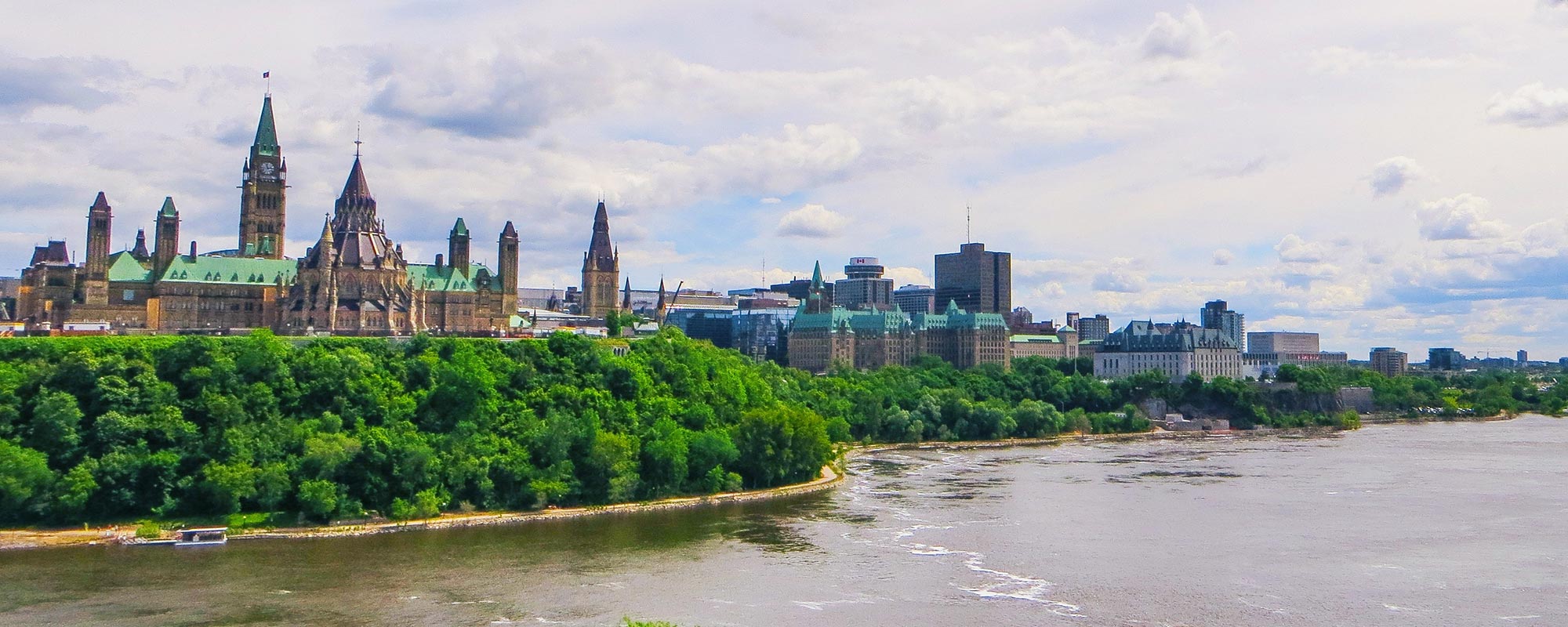OTTAWA — Cara Zwibel, Director of Fundamental Freedoms for the Canadian Civil Liberties Association (CCLA), made the following remarks today:
In February of this year, for the first time, the government of Canada declared a public order emergency and put in place emergency measures that restricted the rights and freedoms of all people in Canada. These measures placed broad restrictions on the freedoms of Canadians to assemble and protest. They allowed for the government to compel the provision of services and for personal assets to be frozen with no notice and no due process. These orders handed law enforcement agencies and financial institutions extraordinary powers. The government may have intended these powers to be used in targeted ways, but as drafted they handed law enforcement across the country measures whose potential application went well beyond the blockades and could easily have been abused.
I have three submissions:
First: the Emergencies Act does not allow for the suspension of Charter rights, but without the existence of a public order emergency, the measures that were enacted would most certainly be contrary to the Charter. In the absence of circumstances amounting to a national emergency, they would constitute serious restrictions on fundamental rights and freedoms that are neither reasonable nor justified in a free and democratic society. So the question, was there a national emergency that justified these measures, is a crucial one.The Canadian Civil Liberties Association respectfully submits that this question is important not only for what it says about the events of January and February of this year, but also because of what it signals to future governments about when extraordinary powers can be used and Parliamentary process can be bypassed to allow the government to rule by executive order.
Second, the government of Canada has offered a range of justifications for its decision to invoke the Act. Its primary justification – articulated when the Act was first invoked – is set out in its section 58 report to Parliament. Although the justification has evolved over time, its core elements are relatively simple and remain mostly intact. The justification focuses very heavily on economic disruption and harm. It also references concerns about the possibility of serious violence either because of the presence of some violent extremists amongst otherwise non-violent protesters, the possibility that the protests would provide a cover for a lone wolf attack or allow threat actors to recruit, or the concern that violence would erupt in clashes with counter-protesters. Apart from the economic concerns, the evidence on which the government relies to back up these claims is extremely thin. The law enforcement and intelligence agencies whose expertise should help inform the government’s decisions did not assess the protests as giving rise to a serious threat of violence. The most dangerous element we have heard about – the cell in Coutts with a cache of weapons – was investigated and arrested by law enforcement prior to the emergency orders coming into effect, without the use of any extraordinary powers, and without setting off a chain reaction of violence amongst protesters.
The Emergencies Act was carefully crafted to avoid the excesses of the War Measures Act that preceded it. Parliament intentionally identified a public order emergency by tying it exclusively and exhaustively to the definition of threats to the security of Canada found in the CSIS Act. This definition does not include economic harm or disruption, nor should it. It requires activities directed toward or in support of the threat or use of acts of serious violence against persons or property for the purpose of achieving a political, religious or ideological objective. The legal threshold to make use of the Act was not met, and a creative and privileged legal opinion from the government that says otherwise doesn’t make it so. The Prime Minister agreed that the threshold is no lower than the standard set out in the CSIS Act. In our submission, the government exceeded the bounds of the law in taking the steps it did.
Finally, there is no doubt that the blockades and protests gave rise to serious harms to the people living in communities where they occurred, that they caused significant economic disruption, and that law enforcement agencies were not well prepared to address them. The government was struggling to get clear information from law enforcement about its plans and was wary of crossing the blurry line that risked undermining police operational independence. But the government also felt a great deal of pressure to do something to address the situation and to be seen to be doing something. Instead of establishing clear and appropriate lines of communications, having frank discussions and putting instructions about strategic priorities to the police in writing, the government gave law enforcement the biggest – and most public – nudge it could. It invoked the Emergencies Act and handed law enforcement across the country sweeping and unnecessary new tools and a clear political mandate to use them.
One of the core tenets of the CCLA is the belief that the freedom of no one is safe unless the freedom of everyone is safe. We urge the Commission to bear this tenet in mind as it examines what the government did, and considers what future governments may do.
-30-
About the Canadian Civil Liberties Association
The CCLA is an independent, non-profit organization with supporters from across the country. Founded in 1964, the CCLA is a national human rights organization committed to defending the rights, dignity, safety, and freedoms of all people in Canada.
Media Contact:
media@ccla.org
Alex Nanoff – 613.709.6318
About the Canadian Civil Liberties Association
The CCLA is an independent, non-profit organization with supporters from across the country. Founded in 1964, the CCLA is a national human rights organization committed to defending the rights, dignity, safety, and freedoms of all people in Canada.
For the Media
For further comments, please contact us at media@ccla.org.





